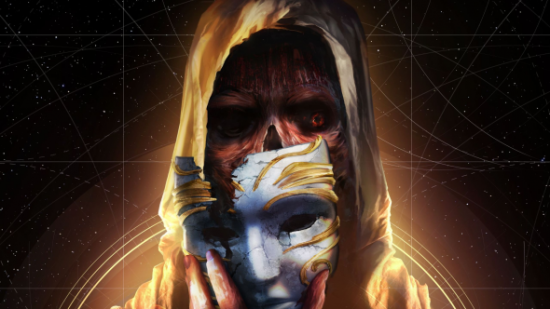It is February, 2017, and respected fantasy author Pat Rothfuss is livestreaming Torment: Tides of Numenera. Viewers are watching him play through the earliest scenes of the isometric RPG, for which he has written an inspired companion character. But you would be hard pressed to know he was playing at all.
Related: How Brian Fargo’s hustle kept inXile alive long enough to revive the RPG.
Sometimes Rothfuss clicks to move his character through the world – until a paragraph of descriptive prose pops up. When that happens he falls silent to read. Occasionally, he chuckles. During these long moments, of which there are many, the screen is almost totally static.
“It couldn’t have been more dull,” inXile head Brian Fargo laments. “I love Patrick, I love the game, but that’s not fun to watch.”
The fact that Tides of Numenera is not exactly a spectator sport might go some way to explaining why this 9/10 RPG will not bother Steam’s top-seller list for this year.
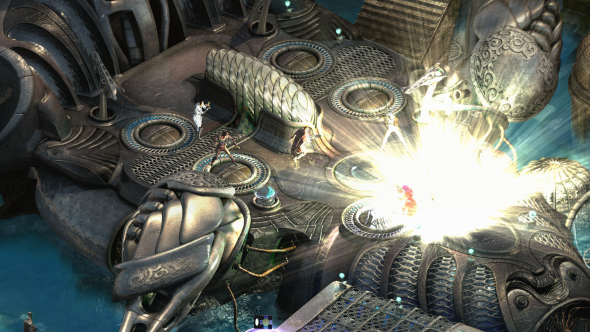
“I would honestly say that Torment has been disappointing sales-wise,” Fargo tells us. “There are some reasons for that, some of which are our fault, and others… let’s just say that a game with a lot of reading is not very much fun to watch on Twitch. I’m not laying it just on that. There are a lot of different dynamics at work… [but] that is an important medium for getting the word out.”
In our review, I wondered whether Torment: Tides of Numenera had a pacing problem. It was a game that finally fulfilled the RPG genre’s promise of making combat wholly optional. But in doing so, it broke a traditional loop: one that intersperses dense chunks of storytelling with fighting and derring-do. Torment’s writing, sublime though it was, taxed the imagination – and offered very little else as respite.
“I believe the combat system was not fulfilling enough, that core loop,” Fargo says. “Reading cannot be the core loop, and that ended up being what that was.”
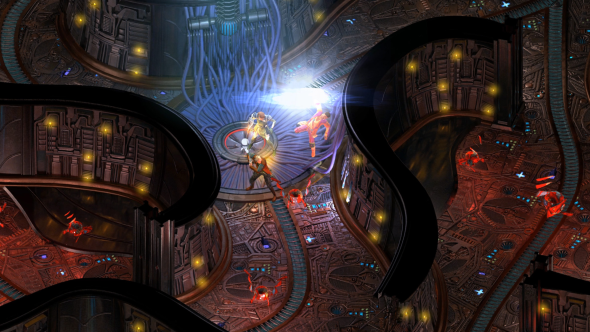
That problem was one that emerged from inXile’s experimentation in the genre – a side effect of trying to push things forward. But there were other issues they might have seen coming earlier. Tides of Numenera was pitched as a spiritual successor to an underappreciated classic, Planescape: Torment. Perhaps that underappreciation should have rung alarm bells.
“Planescape: Torment wasn’t a huge hit either,” Fargo recalls. He should know: he ran the publisher that bore the brunt of its lacklustre sales. And the release of Beamdog’s Enhanced Edition in April this year proved a timely reminder.
“That didn’t exactly light up the charts, and that was a great title,” Fargo says. “Planescape: Torment has a 91% Metacritic, but it didn’t sell a ton of units – not what it deserved to. I think there’s something to that.”
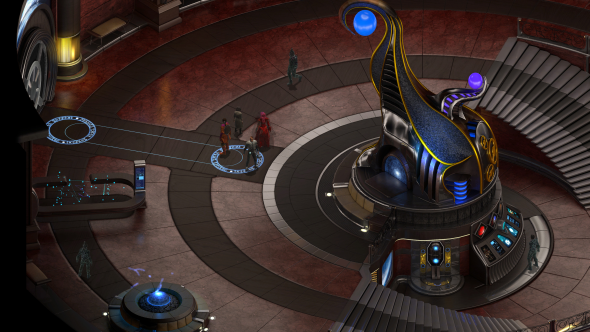
There is certainly a gulf between those who say they are interested in Torment, and those who actually play it. That might sound like conjecture, but inXile have noticed that “hundreds of thousands” of Steam users still have Tides of Numenera wishlisted. That is why, this week, they cut the game’s price to less than half to see what happens.
“I think this will probably get them off the fence, because it’s not going lower than that,” Fargo says. “I hope they’ll appreciate it for what it is. From an artistic perspective, I think it has to be recognised for being pretty damn good. The writing was great, we had some wonderful characters. So I’m not embarrassed by the title in any way. But it couldn’t have been more un-mainstream.
“It’ll keep selling. Over time it’ll keep going, and going, and going. And we’re proud to have it in our catalogue. But as far as comparing sales to our other titles, I wish it had done more.”
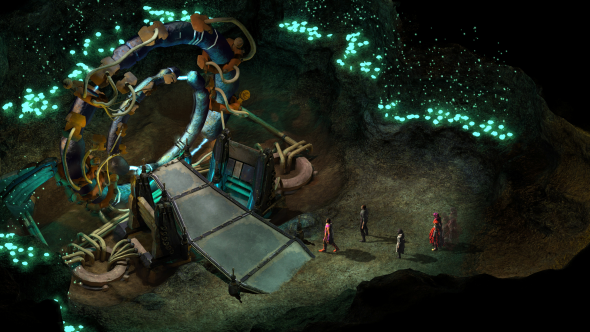
The lessons learned from Tides of Numenera will inform inXile games in the future. For Wasteland 3 they will “change the dials” – focusing less on descriptive passages and more on banter between characters. Fargo’s new favourite writer is Taylor Sheridan, who wrote two sharp screenplays for Sicario and Hell or High Water.
As for the future of the Torment series – Tides of Numenera is probably destined to remain an odd artefact, like one of those you might pick up in the Ninth World. Wondrous, unique, and possibly a little bit dangerous for those who dare to handle it.
“It feels like a one-off, sitting here now,” Fargo admits. “But you might have said that about Planescape: Torment too.”
